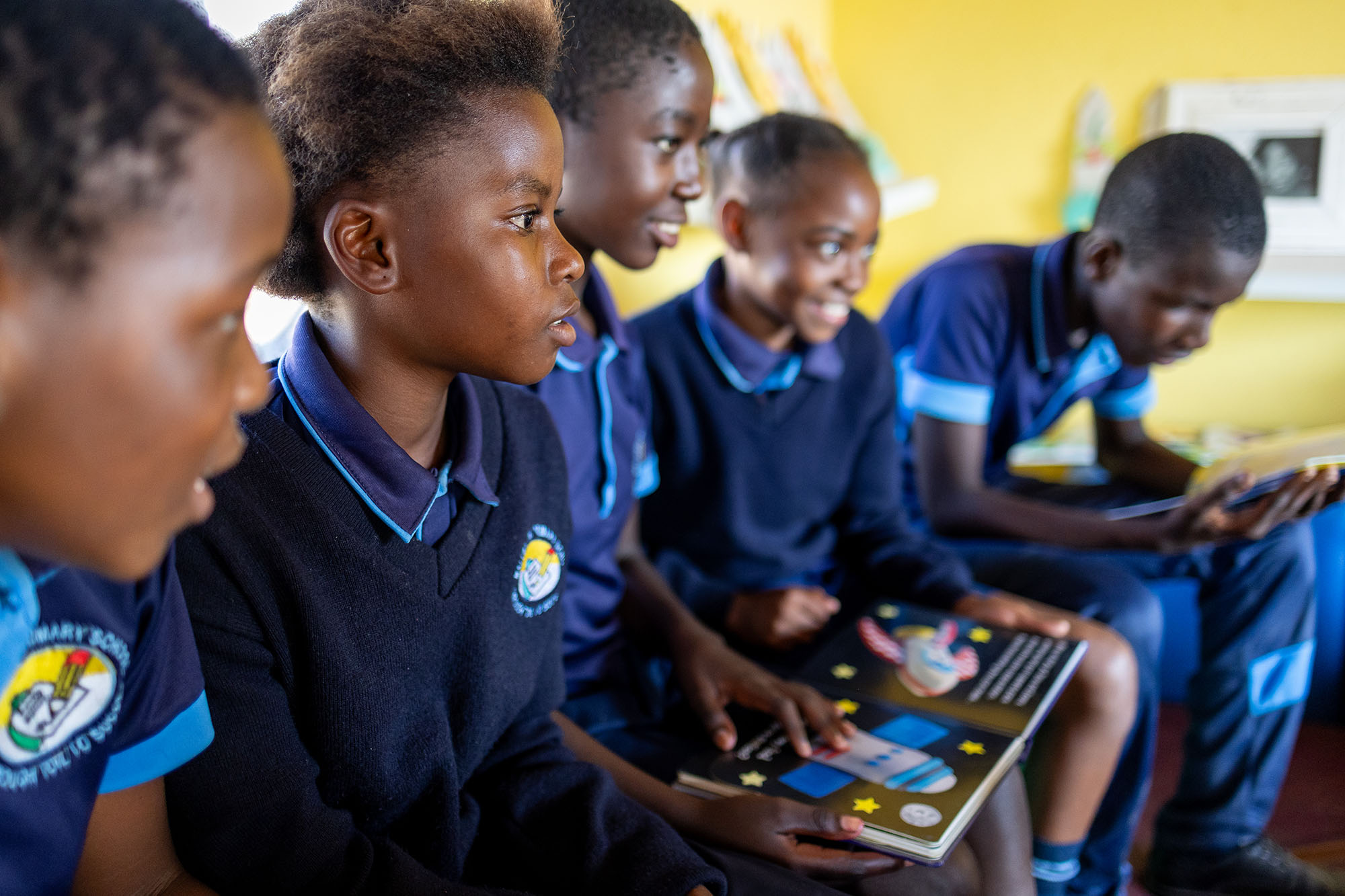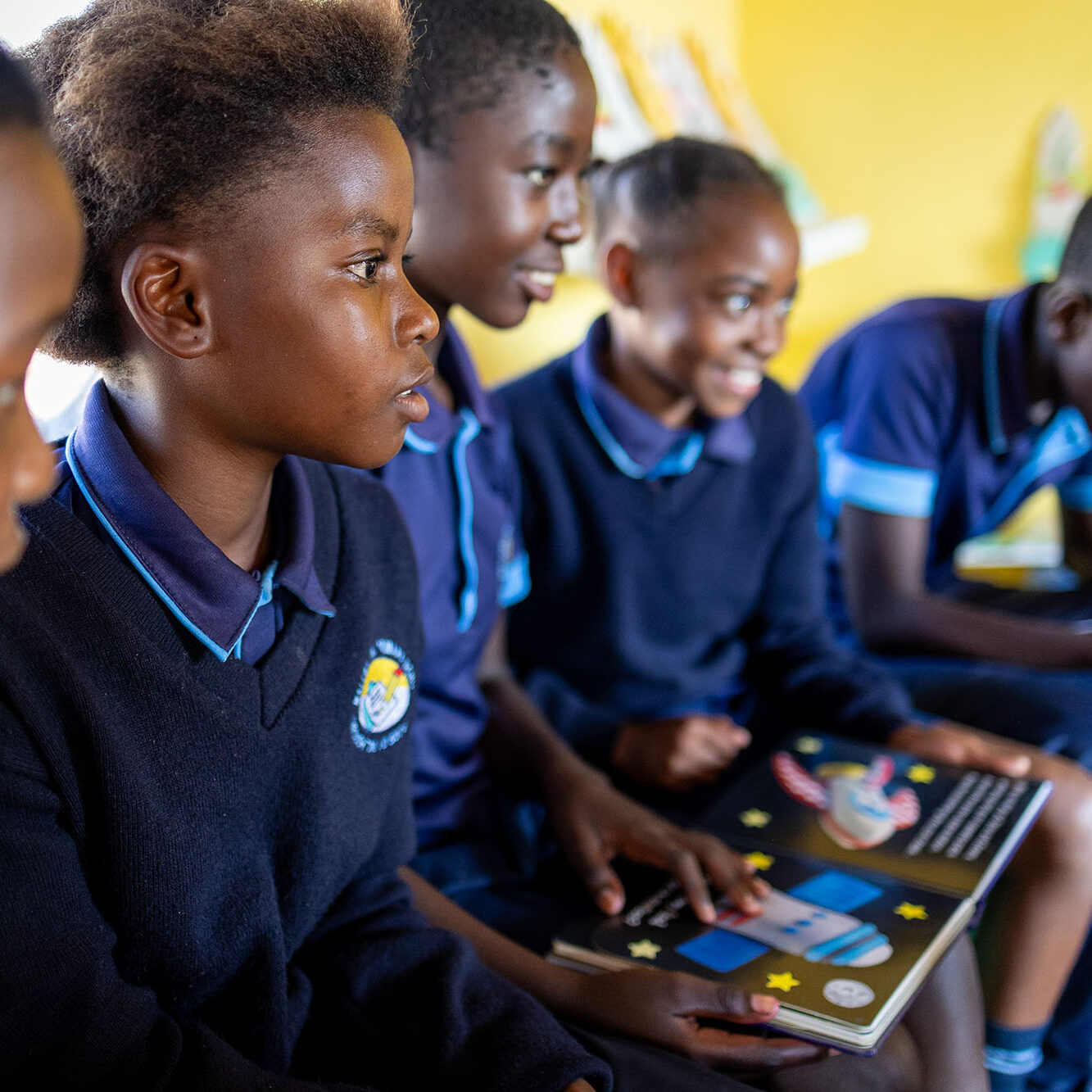After-School Meals Helping Children Thrive

How After-school Meals Help Children Thrive
Full Plates, Full Potential
At three o’clock in the afternoon, as the African sun begins its final dip into the far horizon, the homework tables begin to fill up. The smell of stew drifts in from the kitchen. Laughter spills through the doorway.
This is one of Karongwe’s after-school feeding centres — a safe space for children from orphanages, child-headed households, or single-parent families. Every day, 200 children arrive here hungry for both food and learning. They get a supervised homework session, a hot, balanced meal, and the kind of encouragement that only comes from a trusted adult who knows their name.
Soon, a second centre will open in Enable – a neighboring village to Karongwe – serving another 150 children and ensuring homework is completed. Each meal means a full stomach, which in turn leads to better concentration in class the next morning. It fuels the confidence to keep up with peers. It helps build the resilience required to grow in a world that too often asks too much of disadvantaged children way too soon.
For Catherine, a 12-year-old regular, it’s also about pride: “I can finish my homework before I get home. Then I can help my little brother, and my mother is so proud.”
Yuri de Villiers, Operations Manager at Karongwe, sees these meals as part of the reserve’s long-term plan for sustainable growth: “If we want to protect the wild for the next hundred years, we have to start by giving the children in our immediate neighborhood the chance to succeed. These centres are investments in the people who will one day be potential community partners and guardians of this land.”
It’s simple, direct regeneration — investing in the next generation’s health, education, and hope. Because when our children thrive, our integrated ecosystem thrives.


